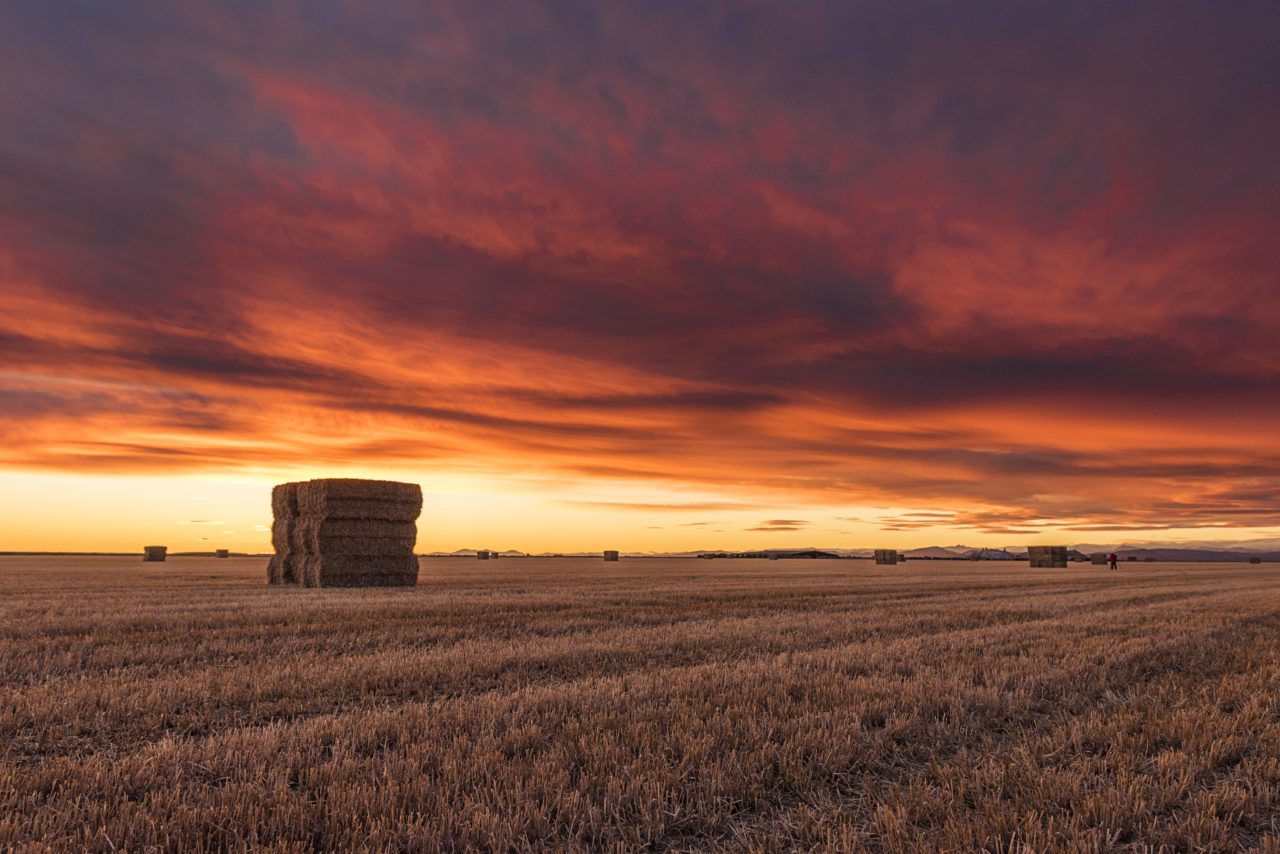-
Feb 18 2020 How to adapt?
The increase in the global temperature affects to the world fields
In our sector, adapt to the climate change is one of our challenge every day. The forecast according to the records in rain, temperature and other climate events, does foresee an increase in almost 3 degrees, with longer and sooner summer and every year. This restlessness is common, and makes essential adjust the varieties of all the fruits according to the incoming or future alerts, to develop more quality and adaptability. GAP, from the private sector is engaged and makes enterprises to face these changes, putting in value the projects I+D+I+I which adapt to the fight against climate changes.
International initiatives, such as the Wineries for Climate Protection certificate, designed for the grape world at the end of 2015, are great supporters of the fight against climate change. For this reason, multidisciplinary teams investigate the extent to which they can provide greater climatic resistance to crops, in addition to extrapolating these studies to other sections of agriculture.
Limiting the scope of climate change also encounters obstacles such as cultural, financial and legal, so that it will be the farmers themselves who adapt to the areas of greatest warming, study their origins, parents and descendants; its adaptation to drought, sensitivity to pests and resistance to seasons with low temperatures. In this way, those that best adapt to these new conditions and new trends will be detected.
Those crops that do not adapt to these 3 degrees of heating will no longer be suitable for exploitation, resulting in losses. If they adapt to this new situation, they will have less harm in their crops. It is not the most reliable measure, because if warming continues, the relief of varieties will be less and less immune, increasing losses, so the solution should be to fight against climate change before struggling to adapt crops, a solution that is valid right now, but that, over time, efficiency is reduced.
The importance of improving irrigation systems, product collection, packaging, transportation, etc. Sectors in which GAP is firmly aware, always seeking to improve the quality of the product and following the reorganizations where the varieties grow with less effectiveness


